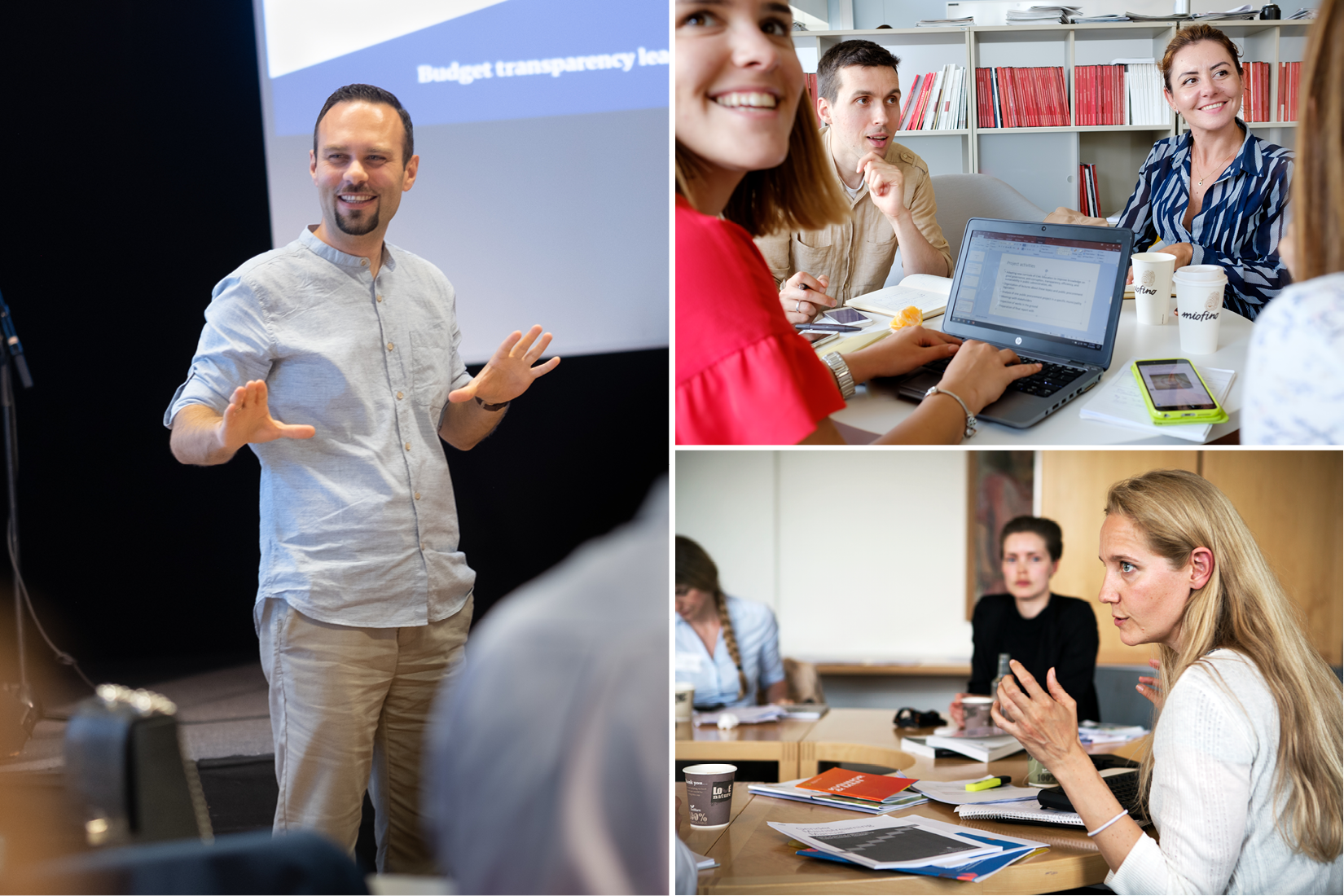Application closed
Please note that the deadline for submission may vary among different modules.
Overview
The Swedish Institute Academy for Young Professionals (SAYP) is a training programme developed to build new networks, knowledge and practices for increased transparency, efficiency and resilience in public administration. The programme also aims to strengthen your individual capabilities to meet the requirements of a modern governance structure. As a SAYP participant, you will be able to expand your own contact networks and share ideas, experiences and challenges with other like-minded professionals.
SAYP is a collaboration between the Swedish Institute (SI) and Swedish universities, responsible for developing and organising training modules. The modules rely on a mix of modern teaching methods with emphasis on interactivity, collaboration and problem-based learning. The training programme may include webinars, interactive lectures, small-group discussions, study visits and other learning activities allowing to deepen and practice your knowledge.
2024 it is possible to apply for the following thematic modules within SAYP:
- Collaborative Governance in a Digital Era, Halmstad University (deadline for submission is 12 April)
- Perspectives on Multi-level Governance, Decentralisation & Human Rights, Lund University (deadline for submission is 5 April)
- Gender Equality Education for Practitioners, From Theory to Policy Implementation, The Kvinna till Kvinna Foundation (deadline for submission is 10 April)
- Sustainable e-Government for Resilient and Innovative Democratic public administration (SeGRID) Linköping University (deadline for submission is 5 April)
To learn more about the timelines and structure of specific modules, please visit the website of the respective host universities via the links under ‘How to apply’.
SAYP will give you:
- Opportunity to develop your professional skills
- Tools to apply in your own organisations and local contexts
- Knowledge within sustainable modern governance
- Experience of cross-sectorial work environment
- Personal and professional network
- Lifelong membership in the SI Alumni Network
- Exclusive access to tools for continued learning
Can I apply?
You can apply to SAYP if you:
- Are a citizen or resident in one of the following countries Albania, Bosnia and Herzegovina, Kosovo, Montenegro, North Macedonia, Serbia
- Have good command of English language
- Have a relevant higher education (at least three years)
- Are between 25 – 40 (born 1984 – 1999)
- Your professional profile is relevant for the thematic content of the module of your choice and the Western Balkans region
- Are not a holder of the permanent residence permit in Sweden
- Are employed in one of the following groups:
1. Policymakers (politicians, government officials, employees of political parties)
2. Public servants (non-political civil servants working at public organisations)
3. Civil society workers (CSO/NGO employees)
4. Leaders within the private sector - Have the mandate, ambition and potential to drive change within your organisation
